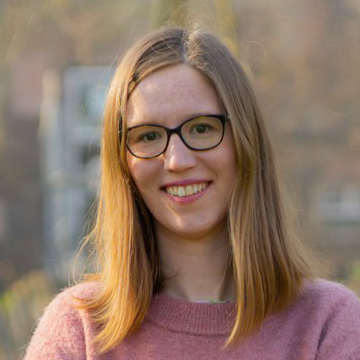 \
&
Contact us
\
&
Contact us
 \
&
Contact us
\
&
Contact us
The OH AMR partnership aims to coordinate and align activities and funding between countries as well as with the Commission. It will also facilitate national coherence between different services and ministries with responsibility for the various aspects of antimicrobial resistance (AMR) (e.g. human health, agriculture, environment, industry, finances).
The main goal is to contribute to achieving the objectives of the European One Health Action Plan against AMR and the WHO Global Action Plan on AMR, by reducing the threat of AMR.
Commission services: RTD-COMBATTING-DISEASES@ec.europa.eu
Contact JPIAMR: secretariat@ohamr.eu
Partnerships group the EC and private and/or public partners, to coordinate and streamline the research & innovation initiatives and funding in some selected key domains.

sarah.stroobants@fwo.be
Bio Base Europe Pilot Plant coordinated the Glaukos project, which answered the call topic published in 2019 of Horizon 2020 Framework Programme ‘Develop bio-based fibres and/or functional molecules to improve the performance of textile products’ under the Framework of the Bio-based Industries Joint Undertaking (BBI JU). The consortium partners took up this challenge by valorising industrial side streams and setting up a circular approach to the textile industry.